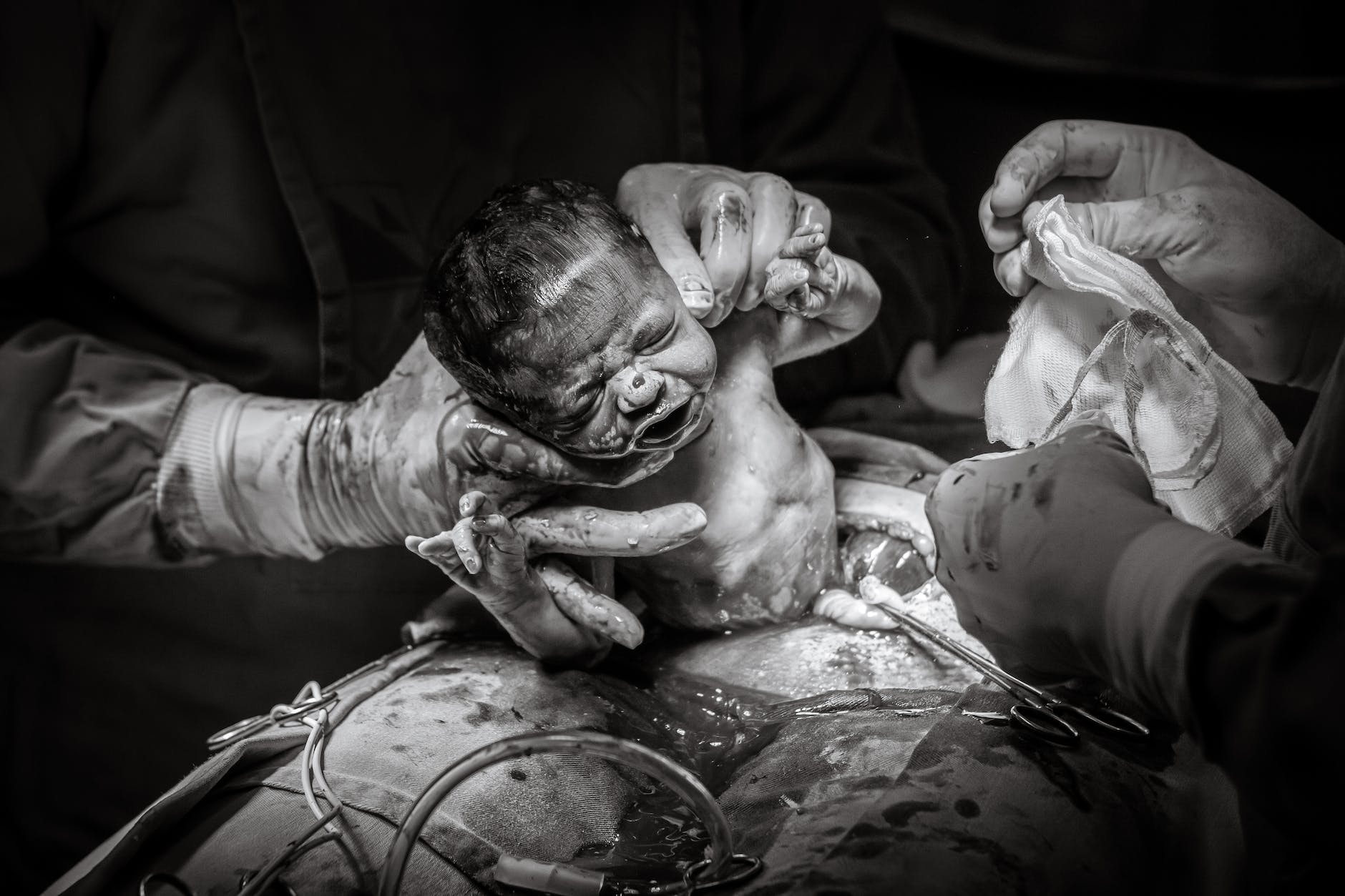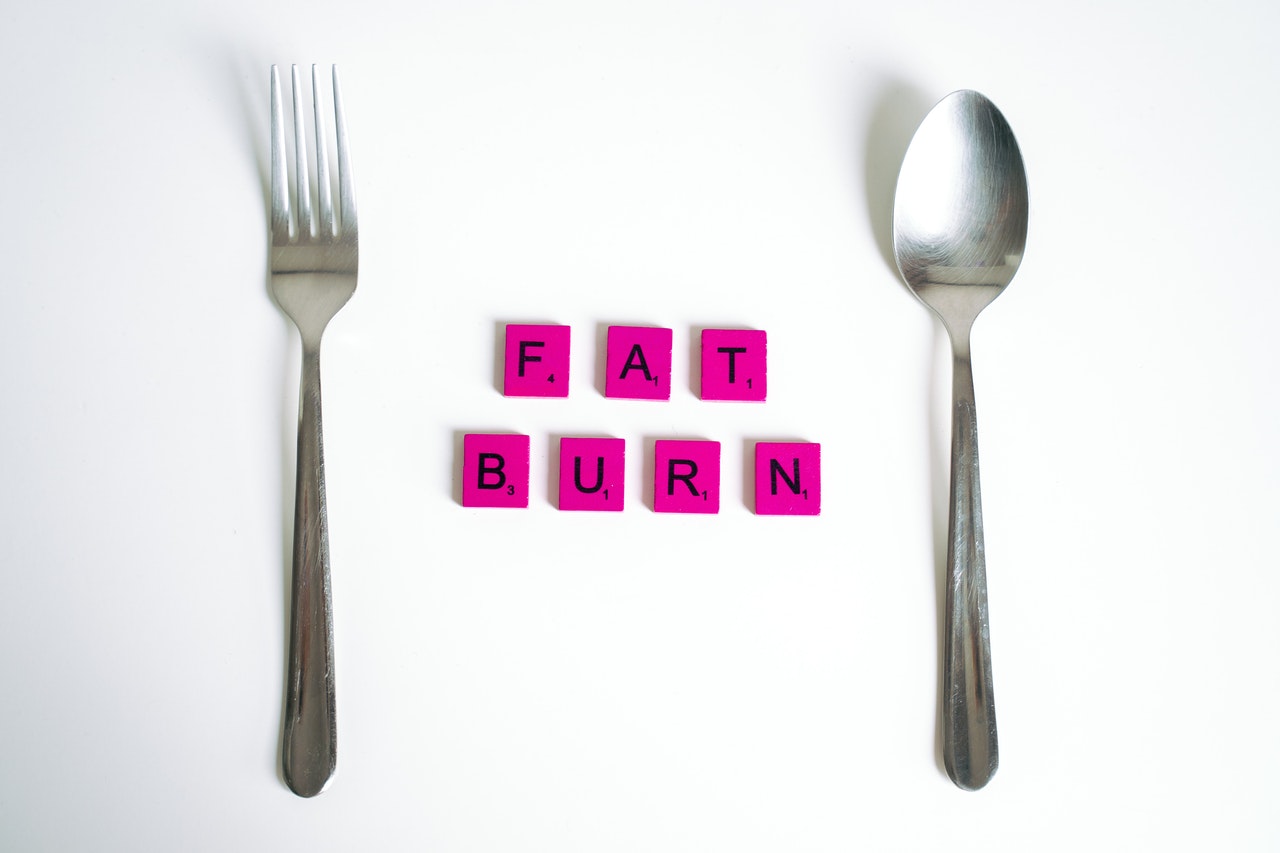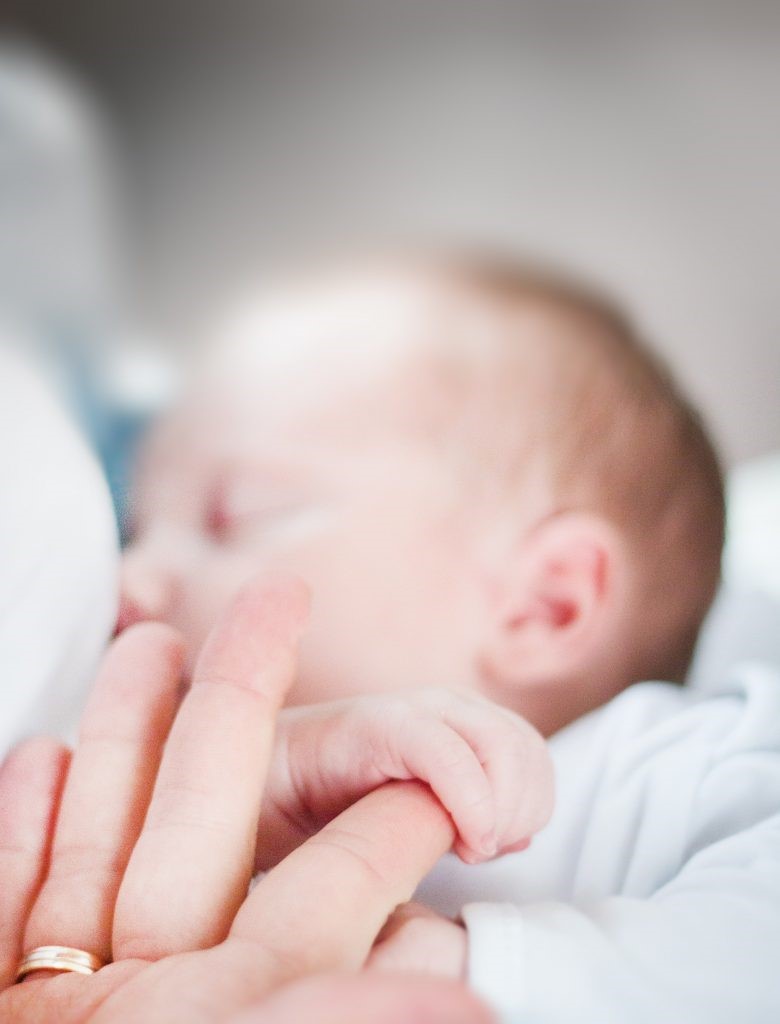For some journey of pregnancy to childbirth can be a heavenly experience. But some may get anxious thinking of giving birth to a child.
Fear of childbirth: a neglected dilemma
Fear of childbirth is as common in both, women pregnant with their first child as well as women who have delivered a child. Studies reveal that the fear of childbirth is disclosed as nightmares, physical ailments and problems in focusing at work or on family activities. Frequently fear of childbirth influences the demand for an elective cesarean section (CS). There are consistent reports of women’s anxieties during pregnancy for
- Their own well-being and that of their babies.
- Fear of pain,
- Fear of procedures within labour,
- Fear of not knowing and not being able to plan for the unpredictable,
- Mistrust of how staff will treat them,
- Fear of internal loss of control, and
- Fear of their body’s ability to give birth and being terrified of birth and not knowing why
Possible reasons behind fear of childbirth
Fear of childbirth can be viewed as biological (fear of pain), psychological (related to personality, past traumatic experiences, or fear of approaching parenthood), social (lack of assistance, financial uncertainty), or secondary (arising from earlier childbirth experiences). Data suggests on factors influencing to fear of childbirth are:
- Young maternal age
- Low education or socio-economic level
- Psychological problems before pregnancy
- Sexually abuse or problems in sexuality
- Low assertiveness or self-esteem
- Fear of pain in general, low pain sensitivity
- General anxiety, vulnerability and neuroticism, negative mood
- Psychological problems during present pregnancy
- Lack of social support
- A great number of daily stressors
- A previous operative delivery
- A previous adverse perinatal outcome
- Disappointment with previous vaginal childbirth
- Lack of knowledge, not attending the childbirth preparation classes
The Fear of Childbirth Questionnaire (FCQ)
The FCQ could be tested as a tool, as the FCQ provides identification of the primary areas of concern. This question is just to give you an idea if you may be suffering from fear of childbirth. The best way to know is to consult your doctor.
This questionnaire is for pregnant women only. To find out how you are feeling regarding the labour and birth of your baby. Please think about how you have felt over the last 2 weeks. Please read each of the statements below and say how much you agree with them by ticking the box from strongly disagree to strongly agree. There are no right or wrong
answers, just give your first response.
[contact-form-7 id=”3365″ title=”The Fear of Childbirth Questionnaire (FCQ)”]
Fighting Fear of Childbirth
Education and counselling is the best way to fight the fear of Childbirth. The major reason behind the fear is misunderstandings, confusion and lack of knowledge. Doctors, Nurses and healthcare providers can play a vital role in addressing all the queries and guide them for a wonderful experience of childbirth.
The PLISSIT (Permission, Limited Information, Specific Suggestions, and Intensive Therapy) Model may help in the treatment of fear of childbirth.
PLISSIT model for the treatment of fear of childbirth
| Level of treatment | Target patients | Treatment | Treatment giver |
|---|---|---|---|
| Permission | All pregnant women | Fear is acceptable | All health care personnel |
| Limited information | Mild fear of childbirth, women with no history of delivery, new maternity hospital | Childbirth preparation, information about pain relief are available | General and specialized maternity clinics |
| Specific suggestions | Moderate or severe fear of childbirth, previously complicated childbirth, request for a C-Section | Psycho-education (individual or group sessions) or short therapy | Specially trained obstetrician, midwife, or psychologist |
| Intensive therapy | Fear of childbirth complicated by psychiatric problems | Psychotherapy | Psychiatrist or psychotherapist |

























